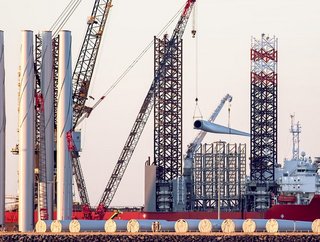ORE Catapult to work with Ørsted on autonomous surface vessel testing

The Offshore Renewable Energy (ORE) Catapult, the UK offshore wind research centre, is to partner with the Danish energy firm, Ørsted.
The two firms will work to test autonomous surface vessels on offshore wind projects.
The project aims to gain an approximate time scale for the implementation of autonomous vessels in the industry.
The 18-month windfarm autonomous ship project (Wasp) could help prevent workers entering dangerous situations.
Autonomous vessels could also save the industry 60% in operating costs by removing the human-factor.
“Our industry is always looking for ways to reduce the need to send people offshore in a hazardous environment, at the same time as driving down costs whilst continually improving performance,” stated Simon Cheeseman, ORE Catapult’s Strategy Manager.
SEE ALSO:
- Vattenfall to sell renewable energy from the South Kyle Wind Farm
-
Vattenfall notes rise in operating profit from wind generation
“Wasp will assess the issues involved in integrating unmanned vessels operations and start to build the evidence to validate our initial findings.”
The performance of the vessels will be compared to manned operations, in roles such as asset surveillance, security patrols, component spares supply, and crew transfer operations.
Financing for the £900,000 (US$1.2mn) project has been partly provided by Innovate UK.
The project will be led by ASV Global, along with ORE Catapult, SeaRoc Group, Houlder, and Portsmouth University.






